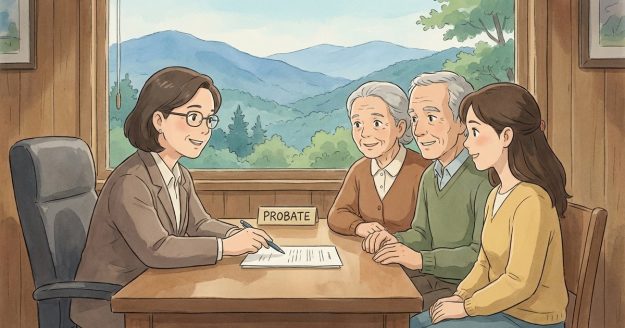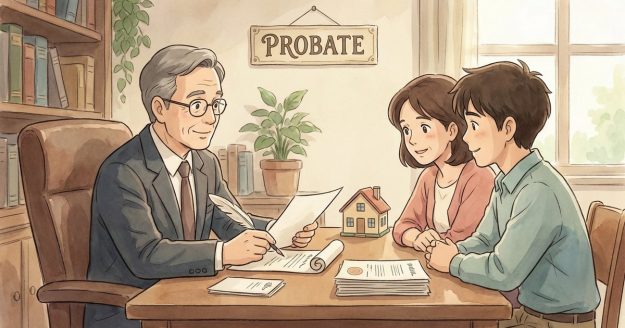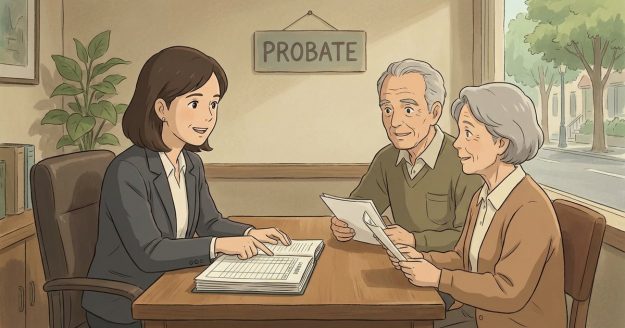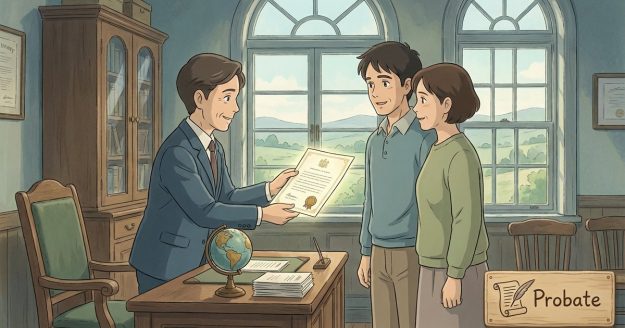Do I need to open probate for my parent’s estate to clear title to the house, even if the earlier death was a long time ago? nc
Do I need to open probate for my parent’s estate to clear title to the house, even if the earlier death was a long time ago? – North Carolina Short Answer Often, yes. In North Carolina, when a deceased owner’s name is still on the deed, some type of estate proceeding is commonly needed to…











